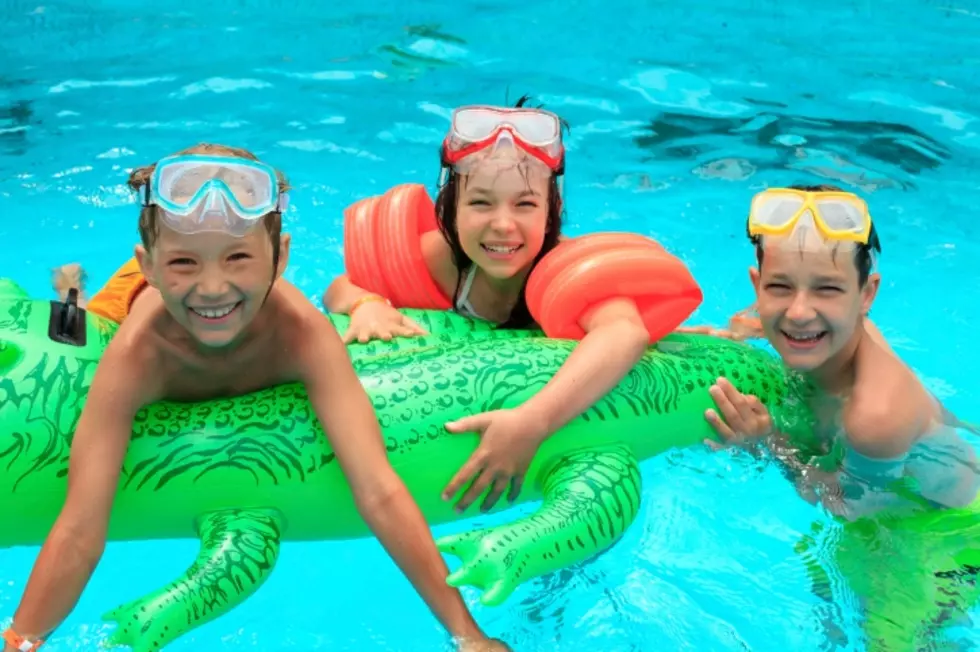
NJ Poison Control warns: Be careful with pool chemicals
Opening home swimming pools is typically an exciting summer tradition, especially this year, when COVID-19 has robbed people of so many traditions and events. But poolside activities can come at a cost if people are not aware of potential pool dangers.

Pool and hot tub water must be treated with chemicals to prevent algae, bacteria, viruses and parasites. Bruce Ruck, managing director for The New Jersey Poison Control Center, said if the water is untreated, swimmers and hot tub users are at risk for infections, illnesses and skin irritations. Waterborne illnesses such as swimmer's ear, hot tub rash, respiratory infections, urinary tract infections, diarrhea and eye infections are easily spread by swallowing, breathing in or having contact with contaminated water.
But Ruck said a lot of problems with pool chemicals such as chlorine revolve around the fact that people don't know how to safely store and handle them. When people open these huge tubs of chlorine, they will most likely get a big whiff of the chemical. Ruck said because of that, it's important to open these tubs in well-ventilated outdoor areas and not in small, enclosed spaces such as sheds or garages.
If you do open the chlorine tub in an enclosed space and then have trouble breathing, Ruck said, wash your face and go outside and get fresh air. If you're outside and still have trouble breathing, seek help at the emergency room. This is especially important if a person is asthmatic because it can cause spasms of the airway.
Store pool chemicals in their original containers because many of them have child locks -- good for keeping animals out, too. Ruck said if the chlorine has to be moved to a different container, make sure there are no other chemicals in that container. Mixing chemicals can create a combination that could create a toxic gas, which could have life-threatening effects. Be sure to clearly re-label the container as well.
Although COVID-19 is not a waterborne illness, it is spread through respiratory droplets when people stay in close contact with each other. As outdoor public pools reopen, Ruck said, it's simple: "If you're sick, don't go to the pool." Wear face coverings at the pool except in the water. Be sure to social distance in the water. Lounge chairs should be six feet apart and nobody should be on top of one another in the pool.
Ruck said it's still early in the season, but The New Jersey Poison Control Center has already received a few calls about pool chemicals, possible exposure and some illnesses.
Call The NJ Poison Control Center for any help at 1-800-222-1222. There is also a COVID-19 Hotline number set up at 1-800-962-1253.
More from Rock 104.1:
NJ attractions reopened for family fun
More From Rock 104.1







